“And then, on Easter Sunday, God broke the silence. He awoke. He spoke. And for those of us who walk (however reluctantly) in Jesus’ footsteps from Gethsemane and Golgotha to the Garden tomb, Easter Sunday offers irrepressible hope. That one ultimate miracle—the resurrection of the Son of God from the dead—assures us that every buried dream and dashed hope will ultimately be absorbed and resurrected into a reality far greater than anything we can currently imagine.” Pete Greig, God on Mute
The resurrection of Jesus Christ is why we celebrate Easter every year. Jesus was crucified, buried, and rose again. Death had been defeated once and for all. It is truly something to celebrate. Churches fill with triumphal music, they are donned with flowers that signal hope and new life, we feast with our families and rejoice, “He is risen! He is risen indeed!” And yet, if we look to the Sunday that immediately followed the crucifixion, rather than celebration, we find fear, trepidation, disbelief, and doubt.
The women who were the first witnesses of His resurrection were told by the angels, “Don’t be afraid…” and that, “…they were frightened but also filled with great joy.” (Matthew 28:1-10)
The guards that witnessed the resurrection were fearful, so they told the priests what happened. The news concerned the elders and the priests who met and decided to offer a bribe to the soldiers to tell others that Jesus’ disciples stole the body during the night. They could not be proven wrong that Jesus was who he proclaimed to be. (Matthew 28: 11-15)
“The women fled from the tomb, trembling and bewildered, and they said nothing to anyone because they were too frightened.”
“When she [Mary Magdalene] told them that Jesus was alive and she had seen him, they didn’t believe her.”
“He appeared in a different form to two of his followers who were walking from Jerusalem into the country. They rushed back to tell the others, but no one believed them.
“Still later he appeared to the eleven disciples they were eating together. He rebuked them for their stubborn unbelief because they refused to believe those who had seen him after he had been raised from the dead.” (Mark 16:8-14)
“That Sunday evening, the disciples were meeting behind locked doors because they were afraid of the Jewish leaders.” (John 20:19)
I find it so interesting and comforting that two events in history—Christmas and Easter—that we now celebrate as joyous events were originally marked with people who wrestled with disbelief, doubt, and having to be reminded, “Do not be afraid.” It’s easy to read these accounts and not understand how His disciples struggled so much with disbelief of His resurrection when they walked with Him daily and He told them specifically that these things would happen.
And yet…how often are my days riddled with fear and anxiety, causing me to forget His promises to me? How often do I allow my cynicism and skepticism to take over my mind because of past disappointments, losses, and hurts that cause me to question if God is good and whether or not He can actually be trusted? How often do I scroll through news and social media feeds and see a broken world, with broken systems, injustices, and violence, and too easily give up hope? How often do I see my own failures and shortcomings, and the shame and guilt whisper lies to me that I am unworthy of His love?
But as we look at Jesus’s response to those closest to Him as they grappled with the events surrounding the resurrection, we see how with each doubt, disbelief, and fear, He comes close. He walks with them on the road to Emmaus; He allows them to touch His scars; He eats with them; He calls them by name. And as He comes close, that is when they finally see - they recognize how He calls them by name (“Mary!” John 20:16), they were filled with joy when they saw the Lord (John 20:20), their hearts burned within them, and when they broke bread their eyes were opened (Luke 24:30-32).
As I come close to my Father and spend time with Him, He opens my eyes to really see Him and how the power of His resurrection transforms everything for me. He takes my fear and anxiety and gently reminds me of His promises, His faithfulness, and quiets my fears with His love. He takes my cynicism, skepticism, hurt and disappointment and sits with me in the doubt and sadness. I am reminded that while I may have to endure suffering in this life, He IS with me and can provide a supernatural peace and joy. He shows me the broken world, broken systems, and broken people, and shows me that it was in His death and resurrection that wholeness and restoration are now possible. He is establishing a new kingdom where all things will be made new. He takes my failures, shortcomings, shame and guilt, and reminds me that I am His beloved child and that because of Jesus, He only sees righteousness, holiness. He tells me I am worthy and that nothing can ever separate me from His love.
So, as we celebrate Easter and the resurrection of Jesus, may we know that we can come to Him with our fears, doubts, and disbelief, but may we also not forget to come close to Him, look at His scars, and be reminded that His perfect love came to cast out all fear. And that is truly reason to celebrate. He is risen…He is risen indeed!








